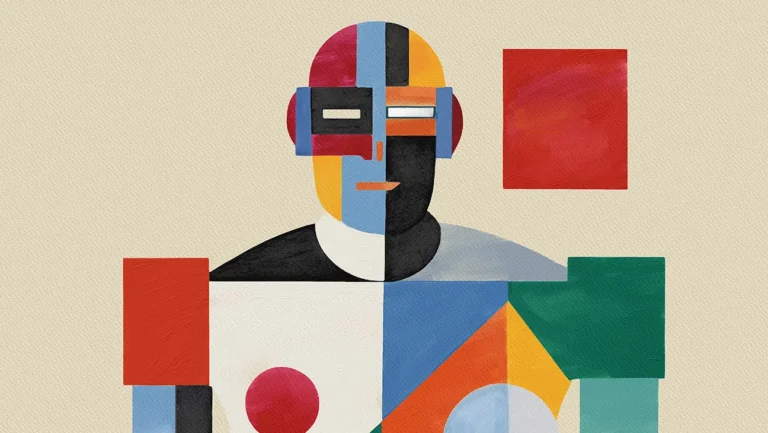In a recent legal twist, AI companies have found themselves facing a setback as a judge ruled in favor of artists, asserting their “public interest” in pursuing lawsuits against these tech entities. This ruling has significant implications for the burgeoning field of artificial intelligence, where the lines between creativity, copyright, and innovation often blur.
The case centers on the use of AI algorithms to generate art and other creative works, raising questions about ownership and intellectual property rights. While AI has revolutionized various industries, including art and entertainment, it has also sparked debates about the role of machines in the creative process and the rights of human creators.
The judge’s decision underscores the importance of protecting artists’ interests in the age of AI. By recognizing the “public interest” in safeguarding the rights of human creators, the ruling sends a clear message that AI companies must tread carefully when using algorithms to produce works that mimic or replicate human creativity.
This ruling also highlights the need for clearer regulations and guidelines governing the use of AI in creative industries. As AI continues to advance rapidly, lawmakers and policymakers must address the ethical and legal implications of AI-generated content to ensure fair compensation and recognition for artists.
In the wake of this decision, AI companies may face increased scrutiny and legal challenges as they navigate the complex intersection of technology and creativity. As the debate over AI’s impact on the arts rages on, one thing is clear: artists’ rights must be protected, even in the age of artificial intelligence.



